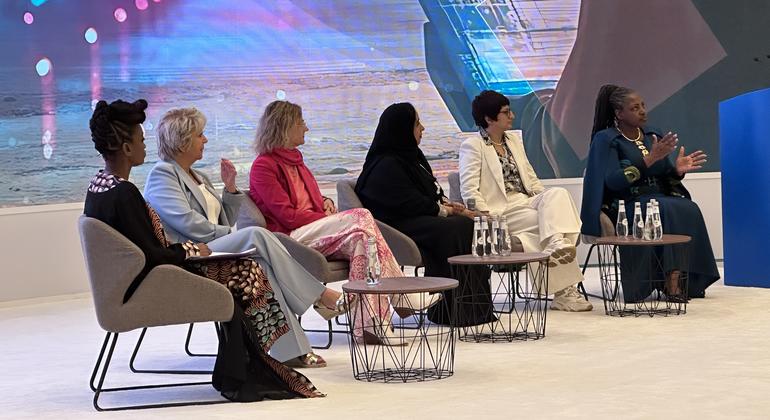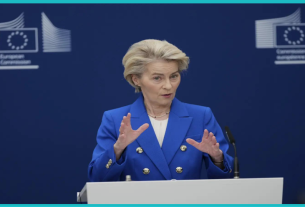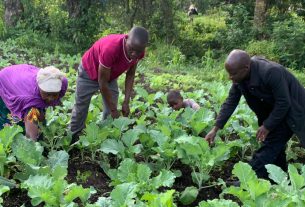As a young mother in a remote part of eastern Kenya, Norah Magero struggled to get her child reliable health care. “We faced lots of blackouts, and it was always a race against time to get her vaccinated.”
Safely storing and transporting heat-sensitive medical products like vaccines, blood for transfusion and insulin is a challenge for health clinics in rural areas of the country, where electricity access is often unreliable.
With her engineering background, Ms. Magero decided that this was a problem she could solve. She started her own company, Drop Access, and created Vacci Box, an innovative, solar-powered mobile refrigerator that can be carried on a moped or even by donkey, whilst ensuring the products are chilled to exactly the right temperature.
However, inventing the Vacci Box was just the first step towards helping others in her situation. Through local contacts she came across the UN Industrial Development Organization (UNIDO) and was able to access the training she needed in order to become a successful entrepreneur.
Norah Magero, CEO of Kenyan health tech company Drop Access
The future of industry must be inclusive
Today, Drop Access is selling its products in Kenya, Tanzania, Zambia, and Côte d’Ivoire, with ambitions to expand across Africa and Southeast Asia, and Ms. Magero has won a Women in Industry award at this year’s UNIDO Global Industry Summit.
By dedicating a full day to women’s empowerment and their role in the future of industry and the economy, the Summit sent a clear message: the future of industry must be inclusive. A spotlight was shone on the contributions of women innovators, entrepreneurs and policymakers and, at the same time, speakers addressed the barriers that continue to limit their full participation in industry.
“Despite decades of commitments, women remain under-represented in the sectors shaping our future, especially high-tech, digital, and green industries,” said Cecilia Estrada, the UNIDO head of policy, at the opening session of the conference. “Leadership and gender pay gaps persist across manufacturing, energy, and agro-industries. These disparities are as unjust as they are inefficient. They cost us innovation, resilience, and inclusive growth.”
The support UNIDO is making available to women business leaders such as Ms. Magero include entrepreneurship programmes that open access for women to finance markets and technology, and investments in STEM and digital skills for women and girls, preparing them for leadership in the industries of the future.
A breakthrough was made on Tuesday, when UNIDO Member States adopted the Gender Equality and Empowerment of Women in Industrial Development Resolution, aimed at ensuring that gender equality is embedded across all UNIDO operations, programmes and partnerships.

An exhibition celebrating women supported by UNIDO’s ELLEvate programme (Riyadh, Nov 2025)
CEOs in the workplace and at home
Drop Access provides a snapshot of what a more equal business environment could look like. “We try to ensure that women have equal employment opportunities and leadership opportunities in the company,” explains Ms. Magero. “If you look at how we’re structured, there’s almost a 50-50 share of men versus women in leadership and even in other positions, including engineering, STEM and manufacturing.”
Achieving this equality has been a conscious decision for Ms. Magero, who has spoken out in the past about the discrimination she had to overcome in a society where the needs of women were considered unimportant. “I grew up with books and other education materials that showed women with babies on their backs and toiling in a kitchen, while the men carried briefcases to work, or were wearing a graduation gown,” she told UN News in 2022. “This visual representation signalled where women and men belonged.”
Three years on, she has proved that women CEOs can succeed in Kenya, despite the extra hurdles they face. In the face of adversity, this has created a sense of community. “In the evening, we are the CEOs at home. It’s like you start a night shift where you take care of children, manage the household, and prepare for the next day. We have to hold each other together, because when we share and acknowledge what we are going through, we get a sense of belonging and also a sense of understanding that we are not alone.”



